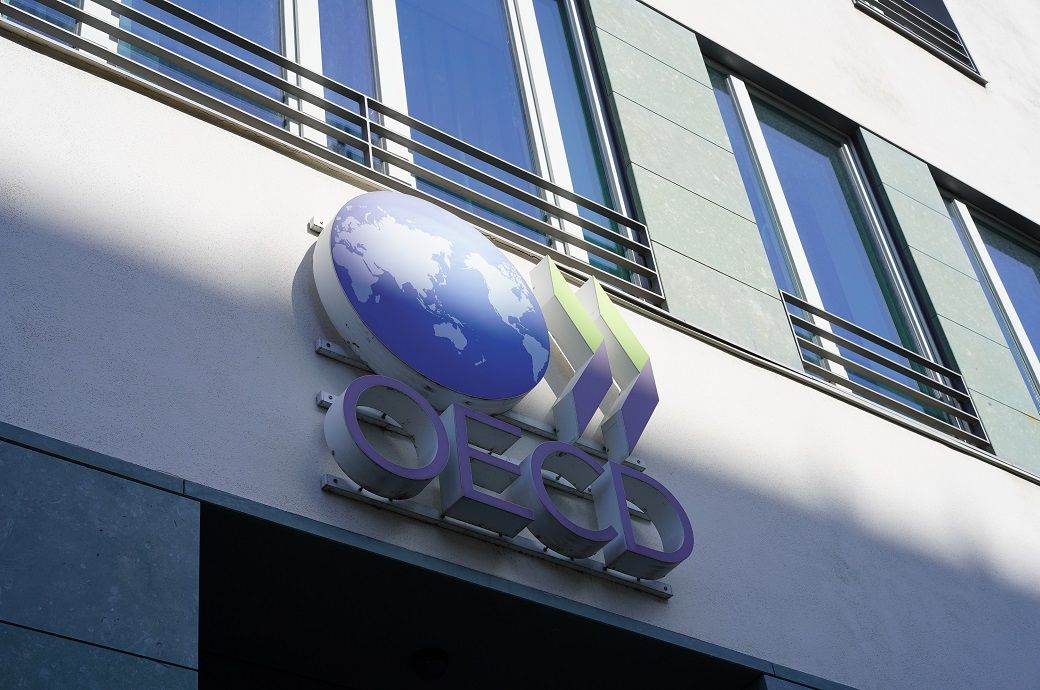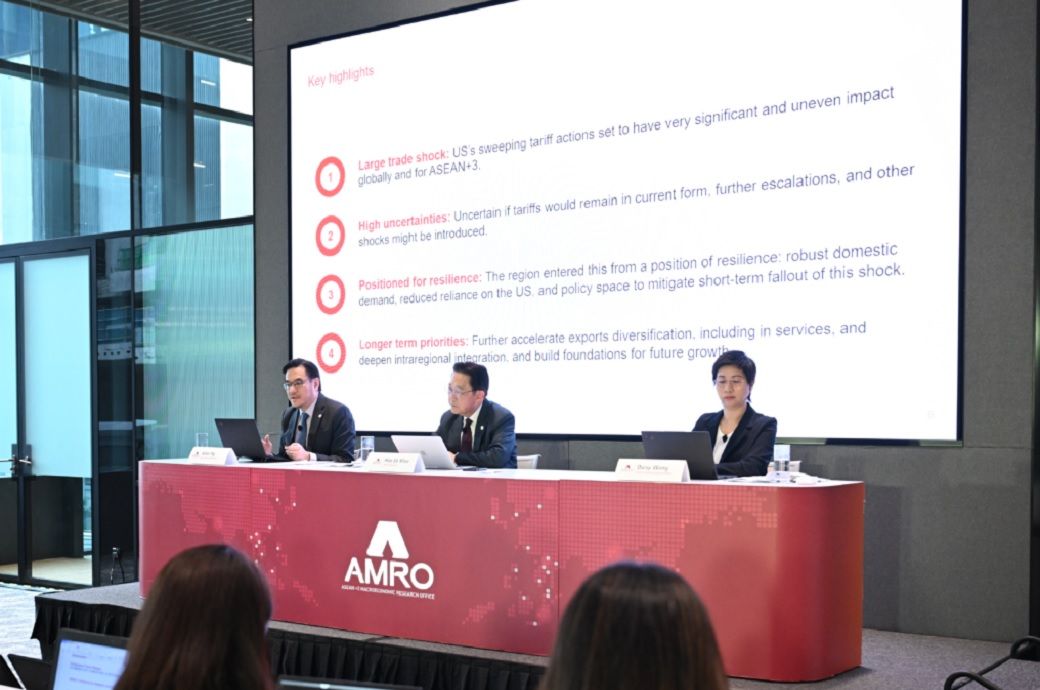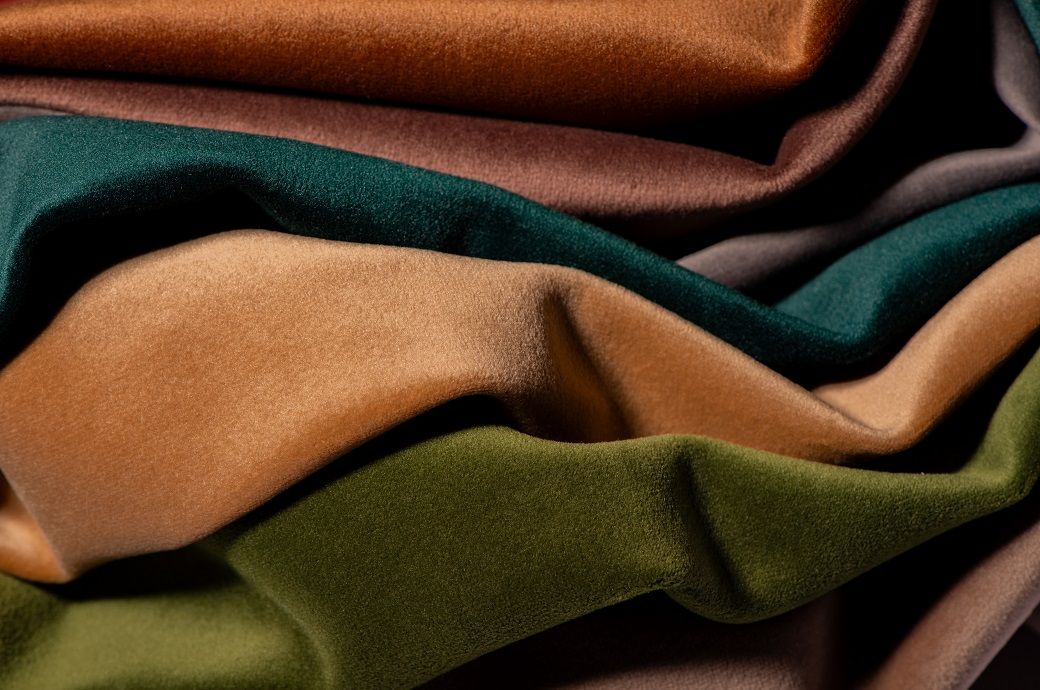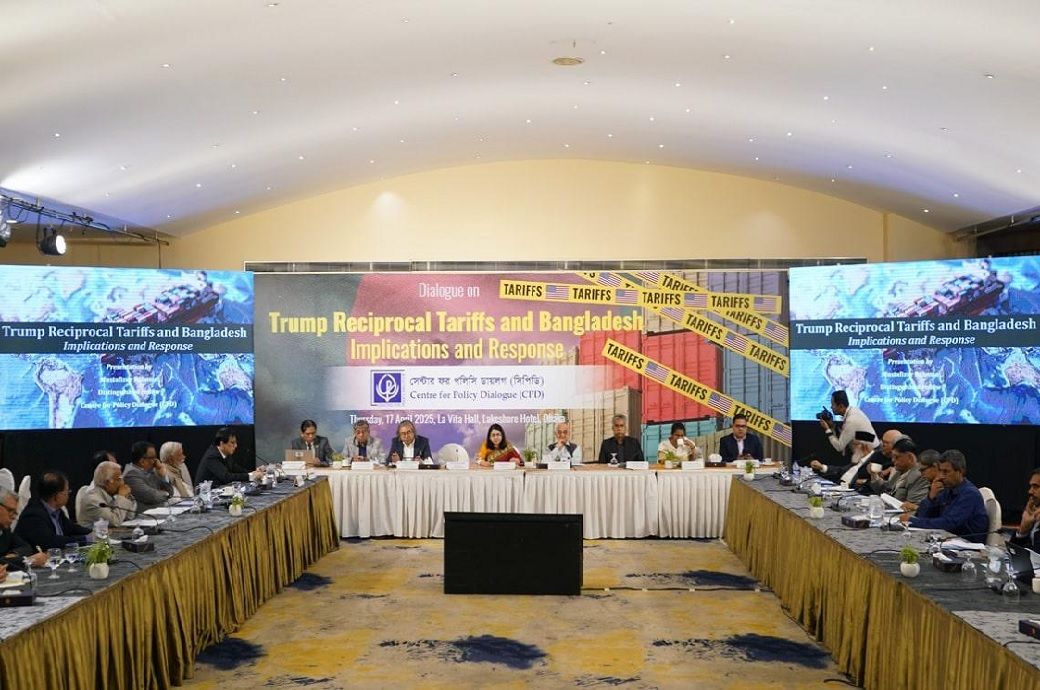Host–Guest Complexation of α‐Cyclodextrin and Triiodide Ions for Enhanced Performance of Ionic Thermoelectric Capacitors
Advanced Energy Materials, EarlyView.

A solution-cast PVA/α-CD/NaI hydrogel for the p-type ionic thermoelectric capacitor is presented, which demonstrates exceptional thermopower and ionic power factor by taking advantage of the stable host–guest complexation between α-CD and I3
−. Owing to this design, the fabricated 3-leg thermoelectric capacitor module exhibits outstanding stability and output voltage.
Abstract
Ionic thermoelectric materials have emerged as a promising avenue for harvesting low-grade waste heat, with significant potential for applications in wearable electronics. This study introduces a novel design for ionic thermoelectric capacitors (ITECs) by incorporating host–guest complexation between α–cyclodextrin (α-CD) and triiodide ions (I3 −). The strong host–guest complexation between α-CD and I3 − confines the diffusion of I3 − within the cylindrical cavities of α-CD, as evidenced by UV–vis spectroscopy and 13C-NMR analysis. This confinement enhances the ion mobility difference between I3 − and sodium ions, which in turn significantly boosts the ionic thermopower of the polyvinyl alcohol/α-CD/NaI hydrogels. Accordingly, the optimized sample achieves an impressive positive ionic thermopower of 14.24 mV K−1 and a high ionic power factor of 477.2 µW K−2 m−1. Furthermore, the stretchable ITEC demonstrates a substantial power density of 5.9 mW m−2. When integrated into a 3-leg device, a stable thermovoltage of 176 mV is generated under a temperature gradient of 4.4 K, thus highlighting the potential of this system for efficient thermal energy harvesting.







































































































































































